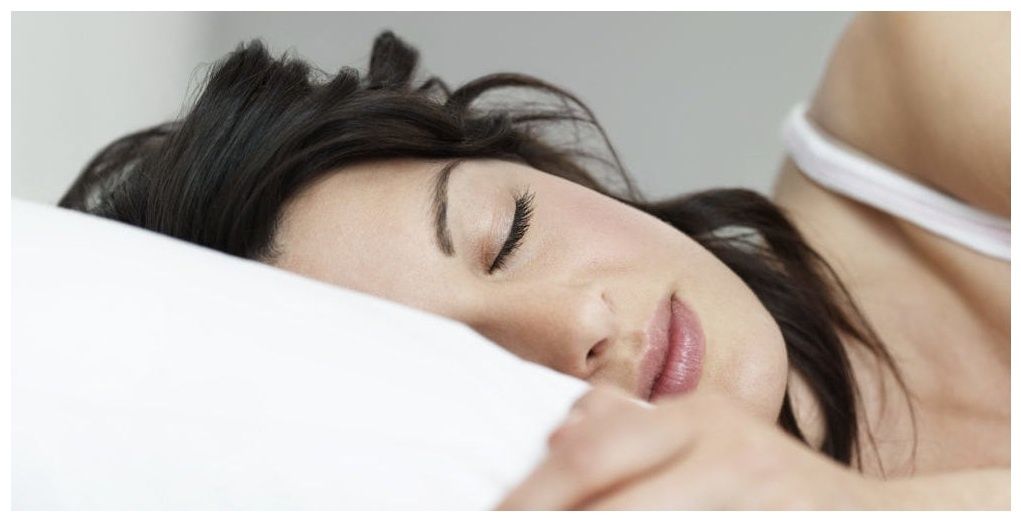From AI-Powered Headbands to Circadian Nutrition — How the Next-Gen Sleep Movement Is Transforming Wellness
Sleep Isn’t Just Rest Anymore — It’s a Science
In 2025, sleep is no longer seen as a passive nightly ritual. Instead, it’s a core pillar of preventive health, tracked, tested, and enhanced with the same precision as workouts or diet. Welcome to Sleep Optimization 2.0, a growing trend where technology, nutrition, and behavioral science converge to help you sleep smarter—not just longer.
Recent studies show that over 60% of adults use some form of sleep-tracking technology, and Google search volume for “best sleep aid 2025” has increased by +320% YoY, highlighting this trend’s explosive rise.
What Is Sleep Optimization 2.0?
Sleep Optimization 2.0 goes beyond 8 hours. It focuses on:
- Deep sleep quality, not just duration
- Personalized circadian alignment
- Smart tech + natural aids integration
- Habit stacking: layering multiple improvements for compounding effect
Whether it’s tracking brainwaves with EEG headbands or consuming magnesium + glycine-rich foods at night, sleep is now a targeted health investment.
Key Drivers Behind the Trend
1. Wearable Sleep Tech Is Smarter Than Ever
From the Whoop 5.0 to Oura Ring Gen 4, wearables now track HRV, sleep cycles, and recovery in real-time, offering AI-powered recommendations to improve sleep architecture.
🆕 Trending: “Non-invasive EEG headbands” are being called the “Peloton of sleep” by early adopters.
2. Circadian Lighting & Sleep-Smart Bedrooms
Searches for “circadian lights for bedroom” are at an all-time high in 2025. Smart bulbs now mimic sunrise/sunset cycles to optimize melatonin production naturally.
Pro tip: Amber or red-spectrum bulbs post-7pm can support a more restful sleep.
3. Sleep-Targeted Nutrition & Supplements
New interest in “sleep snacks”—evening foods high in tryptophan, magnesium, and glycine—is peaking. Functional supplements like liposomal melatonin, L-theanine, and CBD + adaptogen blends are also in high demand.
4. Behavioral Sleep Therapy Is Going Digital
Cognitive Behavioral Therapy for Insomnia (CBT-I) is now available via apps like Sleepio and MindLabs, offering guided sleep programs based on clinical psychology.
Actionable Tips to Try Sleep Optimization 2.0 Tonight
- Time your caffeine: Avoid after 2pm to prevent sleep disruption.
- Wind-down ritual: Journal or read under dim light 60 mins before bed.
- Track + adjust: Use a smart tracker to identify patterns.
- Optimize your environment: Use blackout curtains, pink noise, and cool temperatures (16-19°C).
- Try functional nutrients: Tart cherry juice, magnesium glycinate, or reishi tea before bed.
Final Thoughts: Sleep Is the New Biohack
In the era of wearable health data and personalized recovery, Sleep Optimization 2.0 isn’t a luxury—it’s a performance edge. Whether you’re an athlete, entrepreneur, or simply health-conscious, sleep is becoming the most underrated productivity and longevity tool in your wellness stack.
Expect more people to treat their bedroom like a lab, their sleep like an investment, and their nightly routine like a ritual.
Also Read : “₹6,000 For 12-Hour Days & No Food?”: Indian Models Expose the Ugly Side of Fashion



